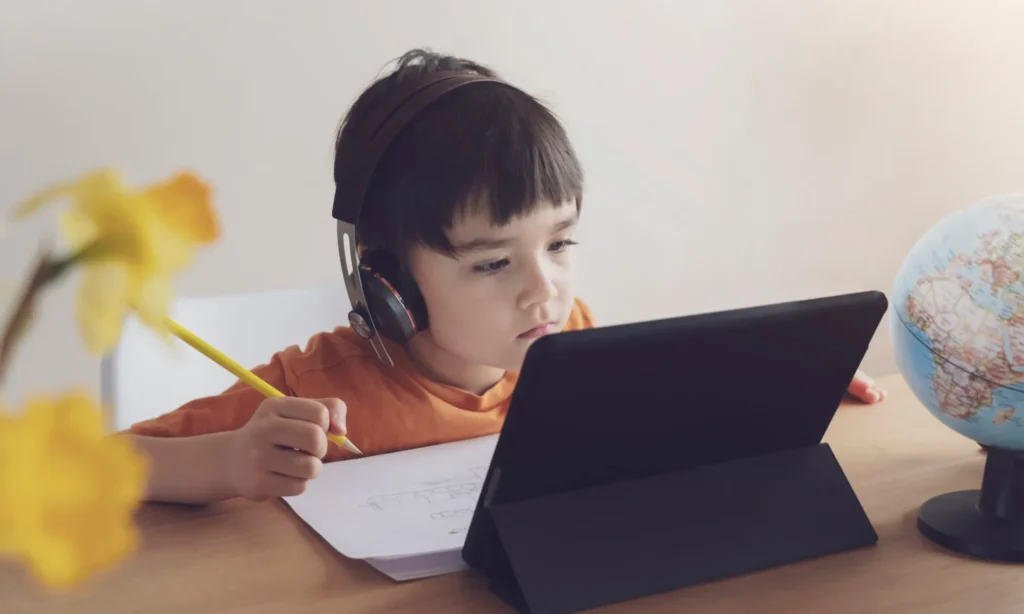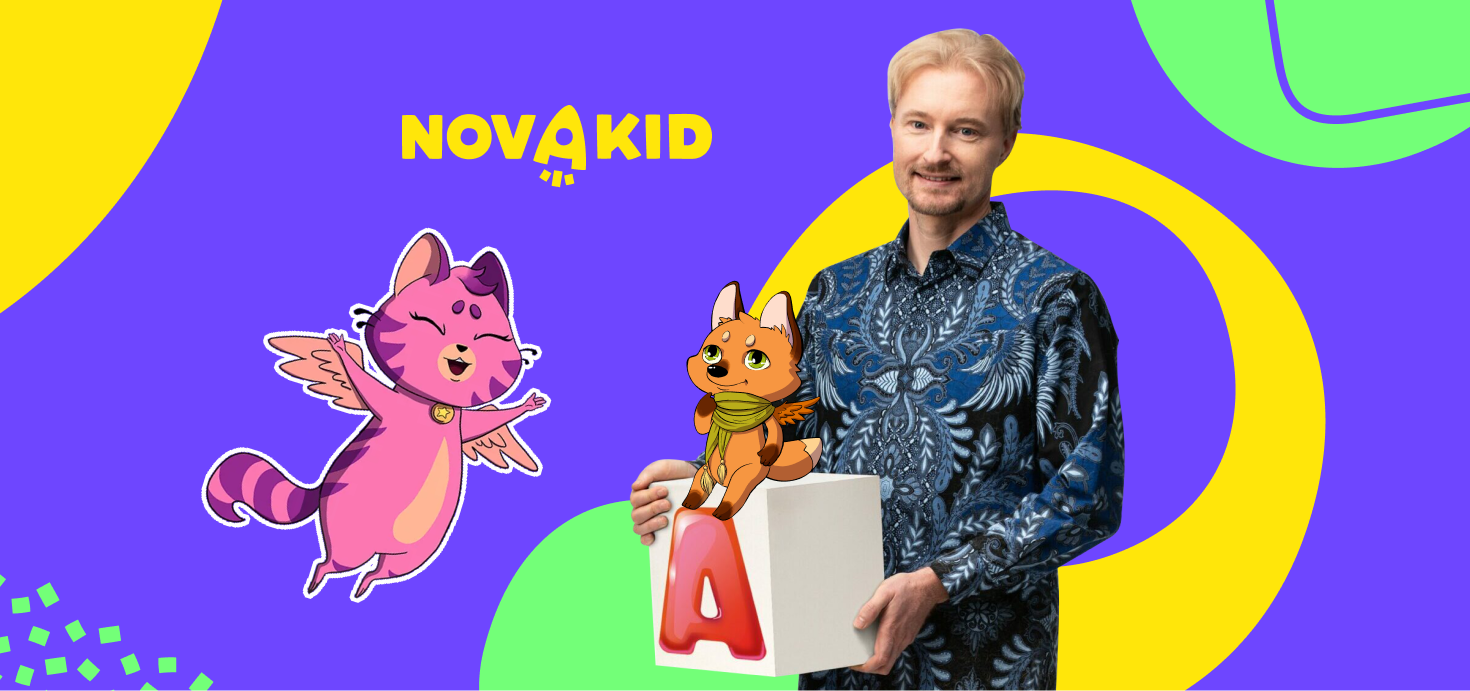How to Tell if Tutors Are Just a Waste of Your Money: 5 Signs and a Secret Formula
- Pay attention to your kid’s mood after a class. Enthusiasm and a desire to continue are the mark of a successful lesson.
- Secret formula
Although the transition from private tutors to online education platforms was swift, parents had their time to decide how they felt about the opportunity to choose a teacher. The only question remains: how does one know the school is right for their kid, or they should change it?
- Watch how a teacher reacts to your child’s mistakes. Online tutors should have an especially high emotional intelligence (EI). It helps them gain a student’s trust and create a proper study climate. Growing up with the school grading system, kids tend to be afraid of mistakes and failure. It seriously hinders their educational progress. If a tutor manages to tune in with a student and find a key to their motivation, the lessons tend to be much more fruitful.
- Modern online schools implement innovative methods of knowledge transfer into the educational process. For instance, the Total Physical Response method proved to be quite useful at our Novakid school. The teacher doesn’t simply move through the slides and work on exercises with students but builds gestures, facial expressions, and physical movements into whole study program. It helps children learn faster and more efficiently.

Pay attention to your kid’s mood after a class. Enthusiasm and a desire to continue are the mark of a successful lesson.
- The achievement system is an essential feedback element. If an online school can provide its students with such a system, parents can watch the progress without worrying that their kids are stuck or don’t have enough knowledge.
- Monitoring a kid’s progress might be a difficult task. Luckily, digital resources provide quite detailed data on students’ performance. For example, Novakid uses over 1500 evaluation settings and other elements of data analysis. It provides us with a detailed productivity assessment and allows us to adapt the study program for each student.
- We have a digital solution to the issue of monitoring a kid’s engagement level. We use tools like voice and video recognition and analysis. These register changes in a student’s mood during a class to detect symptoms of boredom or fatigue that may interfere with a lesson and hinder the studying process. The program analyses the behaviour scenarios of a child and compiles recommendation models for each situation. This process is called personalised learning, and it defines the future of education!
Secret formula
Schools usually have an approved study program. However, the opportunity to adapt the program according to the student’s needs is a good competitive advantage and additional motivation. It’s great when parents can discuss a long-term educational goal with a teacher and come up with a step-by-step plan; it is a decent strategy. But adults shouldn’t be setting goals when kids are the ones that need to reach them. Goals like “become successful in life” or “get into a good university” can’t motivate a child. While a goal like “start reading Marvel comics in the original” can! That’s the whole secret!







































